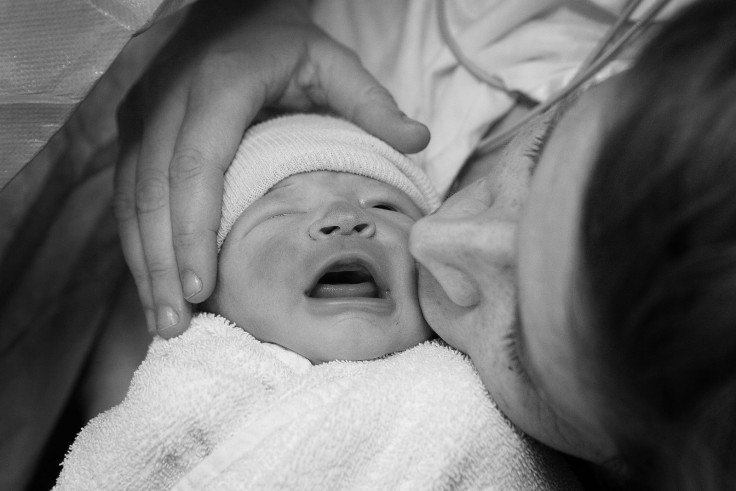If we don't treat our student midwives better, they'll simply move abroad

Life is about to get a lot worse for those who want to train as a midwife in England. Student midwives currently have their tuition fees paid by the UK government, as do student nurses and those training to enter other healthcare professions such as physiotherapy.
This makes sense because almost all newly qualified midwives go on to work in the NHS; very few midwives work outside it. From next year, though they will face full tuition fees. This will come to £27,000 over a three-year course.
The bursaries they receive – on average, worth several thousands of pounds – will go. They will be replaced by yet more debt, repayable for up to 30 years after graduation. Add up all the numbers and the new levels of debt that student midwives face is eye-watering. After a three-year degree course, a newly qualified midwife could start their career owing more than £60,000.
And it gets even worse. Around one in three student midwives have already studied for a degree. This is because many choose to become a midwife later in life, often after having had a child themselves and been inspired by the midwives who cared for them. Of those who had already studied for a degree, three in every four borrowed money to help pay for it.
As the plans stand, these students would simply have to add to their existing pile of debt. For them, the total amount they owe to cover the costs of their education could soon top £100,000 – a debt they will be repaying until halfway through this century.
A student midwife is slightly older, on average, than the stereotypical student. They are very likely a woman, and often a mother. Their studies are different from those of many other students too. When they are not at university studying, they will very likely be at a maternity unit learning clinical skills first-hand.
They will not have any free time to take a part-time job to stop the debt from building up. They may will be struggling to support a family, or at least juggling the squeezed family budget to help make ends meet. They are rarely a stereotypical student, fresh out of school, with no dependents and few obligations.
All they want to do is qualify as a midwife, work in the NHS and do the caring job they dream about. And what thanks do they get from the government? At the moment, the cost of their tuition is covered and they often get them some money too to help pay their bills. But under these new plans, the government will thank them by locking them into three decades of debt. And that at a time when they will have to pay more into a pension than previous generations and house prices are unreachable for so many.
I don't think the government has thought about the long-term implications, about the change in the implicit deal between it and the student midwife or nurse. If the student has pretty much paid the whole bill for their training, why will they feel any obligation to work for the good of all of us in the NHS? Why shouldn't they head off to Australia or Canada for a better quality of life? If they have all this debt to pay back, why wouldn't they choose to work for an agency and earn more money, with the NHS ending up paying more for their work?
This issue has already been debated twice by MPs, and raised at Prime Minister's Questions twice too. More than 150,000 people have signed a petition against the plans, while student midwives, nurses and others have held rallies outside the Department of Health in London. They have marched from St Thomas' Hospital to Downing Street.
We are 20 months from these new arrangements going live. There is time for the government to listen. I hope it does and I hope it does soon.
Lesley Page CBE is president of the Royal College of Midwives.
© Copyright IBTimes 2025. All rights reserved.






















